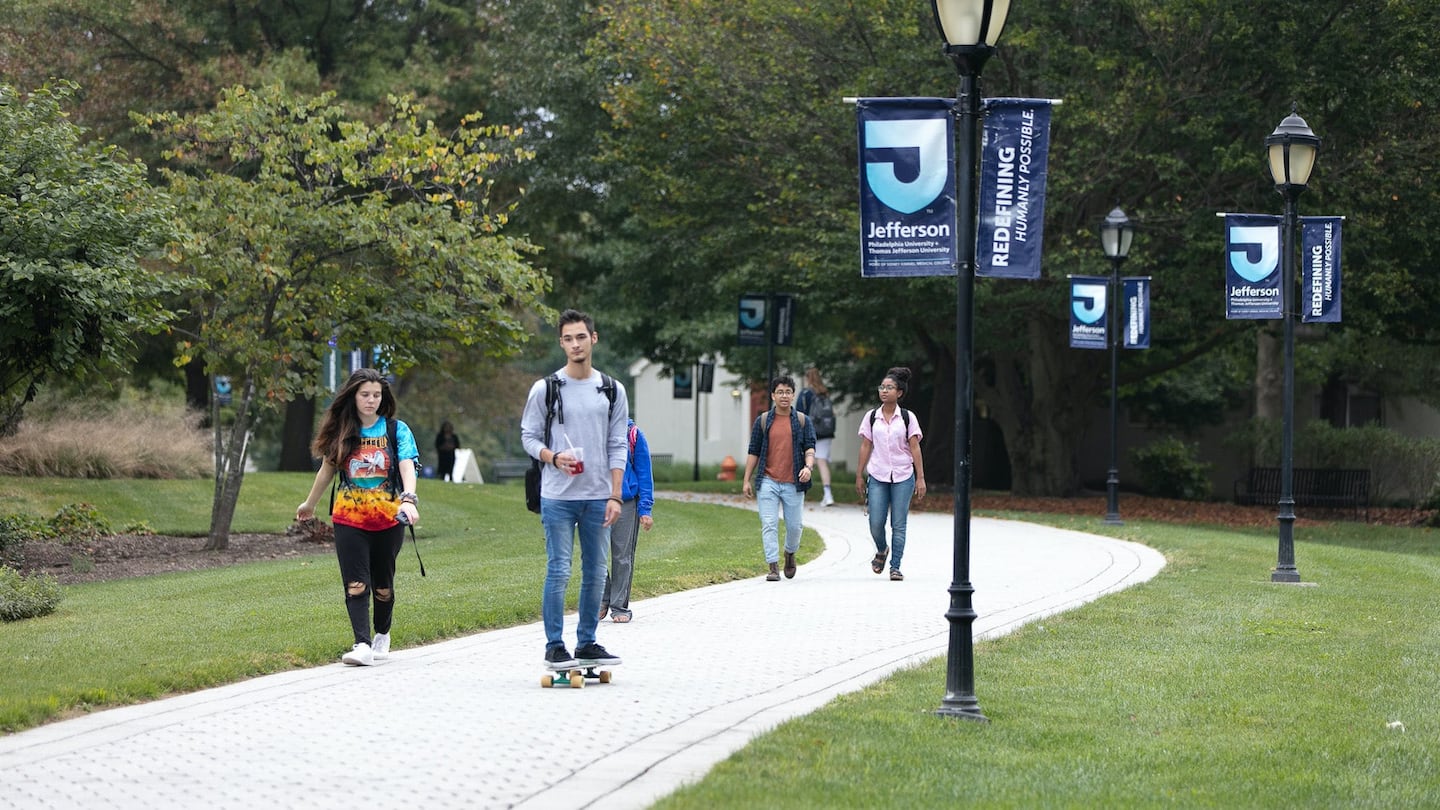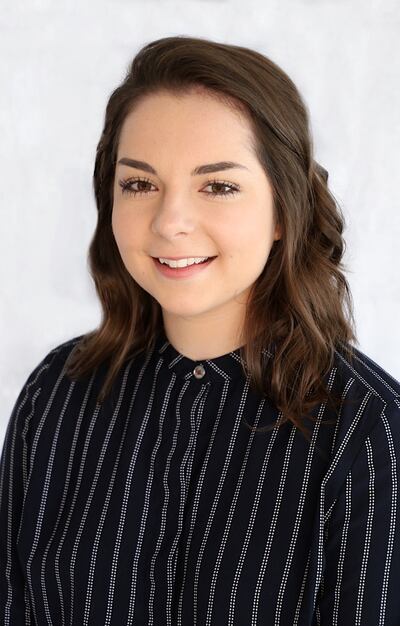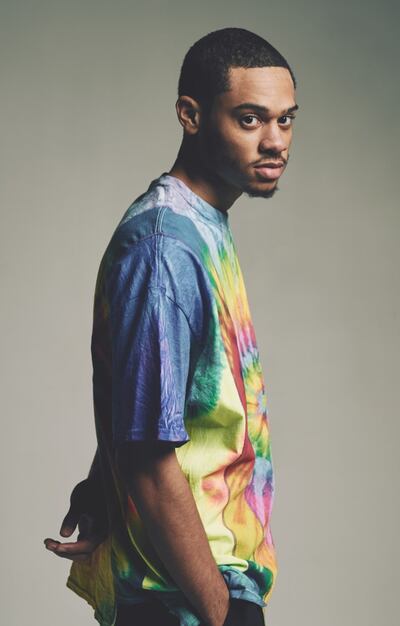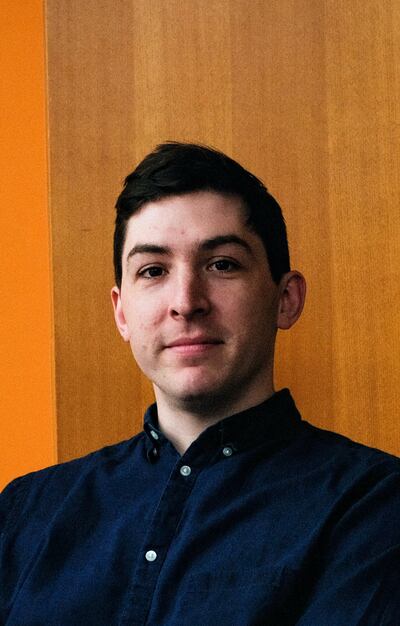
The Business of Fashion
Agenda-setting intelligence, analysis and advice for the global fashion community.

Agenda-setting intelligence, analysis and advice for the global fashion community.

PHILADELPHIA, United States — Founded in the 1800s as two separate institutions, today Thomas Jefferson University represents the merger of Philadelphia University with the health sciences-focused Thomas Jefferson University in 2017. The fashion programmes now sit within Jefferson's Kanbar College of Design, Engineering and Commerce.
The fashion programmes emphasise the increasing importance of cross-functional skills and promotes trans-disciplinary thinking and learning in its fashion design, graphic design, fashion merchandising and management, and textile engineering programmes.
Seeking to merge academic rigour with industry experience, Jefferson teaches students to integrate real market considerations into their projects and papers. Fashion students — who work with industry partners such as Target, Abercrombie & Fitch and Urban Outfitters on design briefs – are encouraged not only to experiment with novel aesthetics in their designs, but simultaneously consider innovative sourcing, material costs and delivery rates.
Across the curriculum at Jefferson, a pragmatic and practical approach to learning the skills required in a career in fashion is stressed consistently. Jefferson encourages students to take advantage of the access provided to diverse fields of adjacent and non-adjacent academic disciplines, and the faculty members and educational tools associated with them, which create a unique learning environment.
BoF sits down with three students from the fashion school to discover how they feel the university’s idiosyncratic approach prepares them for success in the industry.

Robin Skodi, fashion design student | Source: Courtesy
Robin Skodi, fashion design student, class of 2020
Why did you choose to study at Thomas Jefferson University?
What I want out of a college education is to educate myself and then go directly into a career. My brother graduated from Jefferson in industrial design in 2012, and I always remember him telling me how much he enjoyed studying here. A big focus for him was that they had a really high post-graduation employment rate for their students, and I was always sceptical, but he had a job lined up before he even graduated, which was a big selling point for me when I was choosing a university.
How would you describe your educational experience at Thomas Jefferson University?
The curriculum here is really focused on teaching students about design in a way that is both creative and fulfilling for them as designers, but also can be commercial and relatable to consumers. It’s about knowing you can design for a specific target customer group and not just for yourself. It’s learning that as a designer, you’re going to join a larger community or a team of people who work for a larger company and how this all fits together.
The professors and the faculty at Jefferson really care about their students and I think this goes hand-in-hand with having a smaller than average class size, so you get a lot of one-on-one time when you need help. They also give you the freedom to be able to figure things out on your own, too. They give great advice and also are good at pushing you hard, to really go past your limits because they know you can.
Have you gained experience in the industry during your studies?
Over the summer, I was recruited by Anthropologie as a design intern. They had seen my work at the annual Jefferson Fashion Show that we put on every April. It’s a great time for your friends and family to come and see what we’ve all been working so hard on, but also there are a lot of industry professionals who come to find designers who could be their newest employees.
I’ve been interning there since August, and I absolutely love it. It’s my first internship, and in a big corporate environment, so it’s an amazing learning experience. Every day I’ve learned something new about the process, and have seen that it’s not just about design, but also working with buyers and investors and customers in all the different areas that come together to create a collection. It’s enabled me to feel like I can really put the skills that I’ve learned at Jefferson into practice.

Myles Nicholls, fashion merchandising and management student | Source: Courtesy
Myles Nicholls, fashion merchandising and management student, class of 2020
Why did you choose to study at Jefferson?
When you come here, you’re going to learn directly from people with industry experience. Having a positive outlook will take you a long way at Jefferson. For example, I was part of a group of students who had the opportunity to attend New York Fashion Week. They really trusted us. For me, the best thing was working with Jason Derulo, on his brand Level Thirteen’s catwalk show. It was such a good opportunity! We helped out with different shows on everything from social media to styling, and it was so great to have such a broad range of experience from these shows.
How would you describe your educational experience at Thomas Jefferson University?
For me, one thing that’s really special is way the university really supports you to create your own clubs and events. You can make anything happen, and Jefferson helps out as much as they can, not only financially, but also with practical advice, too. Having a voice on campus that can get people engaged is so important, and we can also then take this out into the wider community too.
You have to make the most of the time we have here. The professors can only push us so far, and the industry is all about pushing yourself to achieve more and to make your mark on the world. To succeed, you have to be able to go out and talk to people and engage, and I’ve learned those skills really well at Jefferson – how to be more professional, how to be more open and assertive, how to be more focused on my overall presentation, and how to do the things that I want to in life. They’ve really empowered us to succeed in the job market.
Have you gained experience in the industry during your studies?
I work with a few music labels outside of school on styling artists and image creation, and from there my professor helped me to get a job at [upscale Philadelphia fashion boutique] Lapstone & Hammer. We approached them asking for an internship and they ended up giving me an actual job. So for me the biggest learning is balancing my work between school and the store, and the way that I’ve been able to combine these demonstrates to both my employers and to my professors that what I’m learning in school can be directly applied to industry.

Ben Jones, graduate textile design student | Source: Courtesy
Ben Jones, graduate textile design student, class of 2020
Why did you choose to study at Thomas Jefferson University?
I've found that Jefferson is an excellent community and resource for young adults to understand what they want to do in the world. I was interested in a career working with textiles, specifically working with weaving. I wanted to learn hands-on skills that could be applicable in an industry where I could utilise my creative background in a technical manner, because I love fabric and want to produce it for a living. I found that Jefferson's programmes were the right combination of working creatively with engineering and technical skills that I couldn't learn anywhere else.
How would you describe your learning experience at Thomas Jefferson University?
Something I’ve taken away from every teacher and programme that I’ve been involved in at Jefferson is that they’re all geared towards hands-on learning and giving the students the skills and resources that they need, but also allowing them to learn from their own mistakes by doing. I’ve found this approach to be enormously valuable, enabling students to ‘get their hands dirty’ and do the actual work they would be doing in the real world while still in school, and being able to experiment at the same time as well.
My training in weaving has given me the fundamental base skills and a very thorough understanding of weaving technology and languages, like colour science for example, so that I’m able to go into other institutions that are focused on innovation or design and join the conversation immediately. It’s like learning an actual language, but it goes way beyond the actual words. For example, it’s knowing the shape of polymers that are inside yarns and knowing how specific enzymes can be analysed in order to advance research in sustainable textiles. It’s a hugely technical field, and we’ve been given so much knowledge with which to work.
Have you gained experience in the industry during your studies?
In the programme that I followed, I took a number of textile science courses – which I was a little nervous to do given my art background, but through a lot of hard work, I did really well and this opened my mind to another way of thinking about textiles. Then I was researching internships and came across one at Nike that was in exactly the same field as the colour science course. The posting described exactly the same equipment and systems that the course taught, except it was all about problem solving for Nike. I mentioned this to my teacher, and she connected me directly with the department at Nike – Jefferson has relations going back many years with the company, so landing this internship really wouldn’t have been possible without the university and the tutors here.
This is a sponsored feature paid for by Thomas Jefferson University as part of a BoF Education partnership. To learn more about Jefferson, please click here.
From analysis of the global fashion and beauty industries to career and personal advice, BoF’s founder and CEO, Imran Amed, will be answering your questions on Sunday, February 18, 2024 during London Fashion Week.
The State of Fashion 2024 breaks down the 10 themes that will define the industry in the year ahead.
Imran Amed reviews the most important fashion stories of the year and shares his predictions on what this means for the industry in 2024.
After three days of inspiring talks, guests closed out BoF’s gathering for big thinkers with a black tie gala followed by an intimate performance from Rita Ora — guest starring Billy Porter.